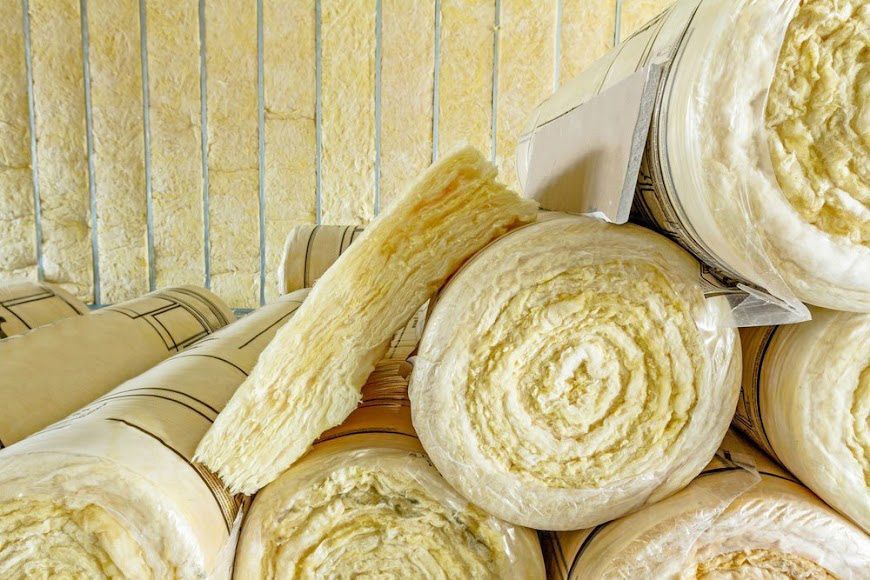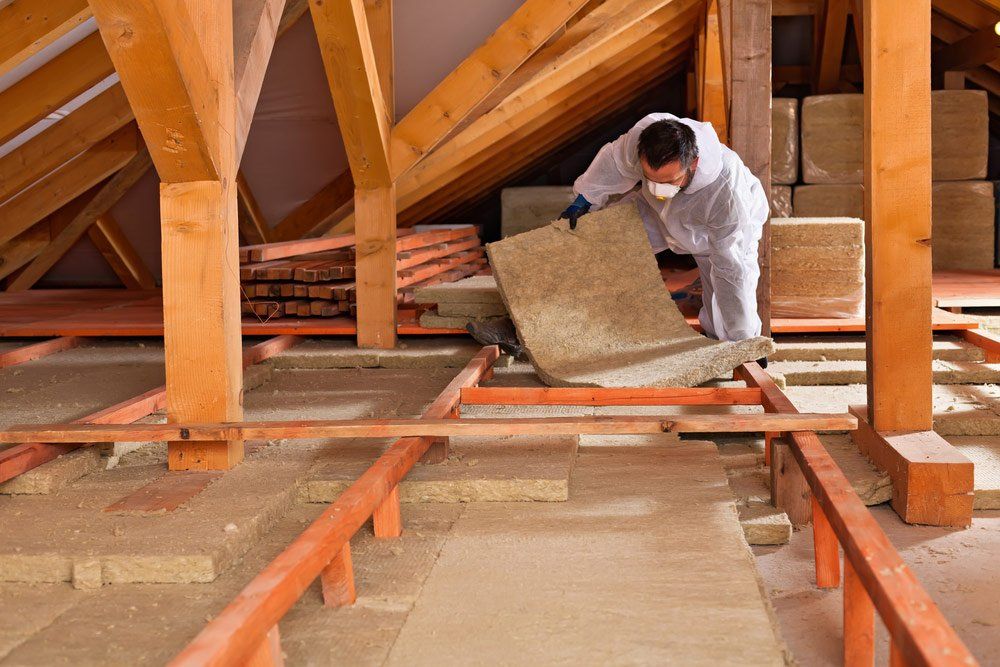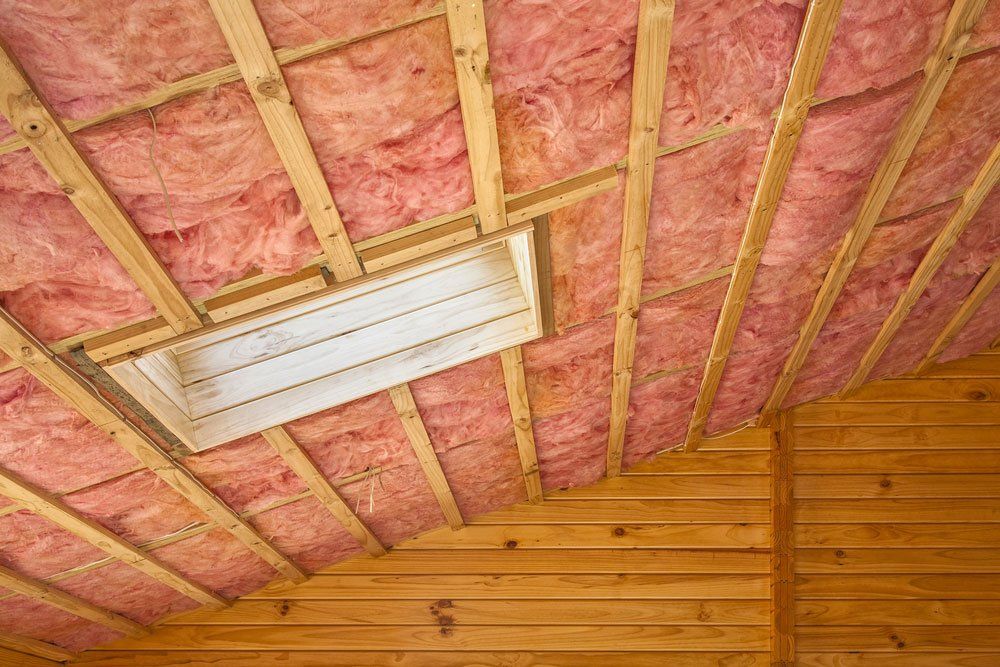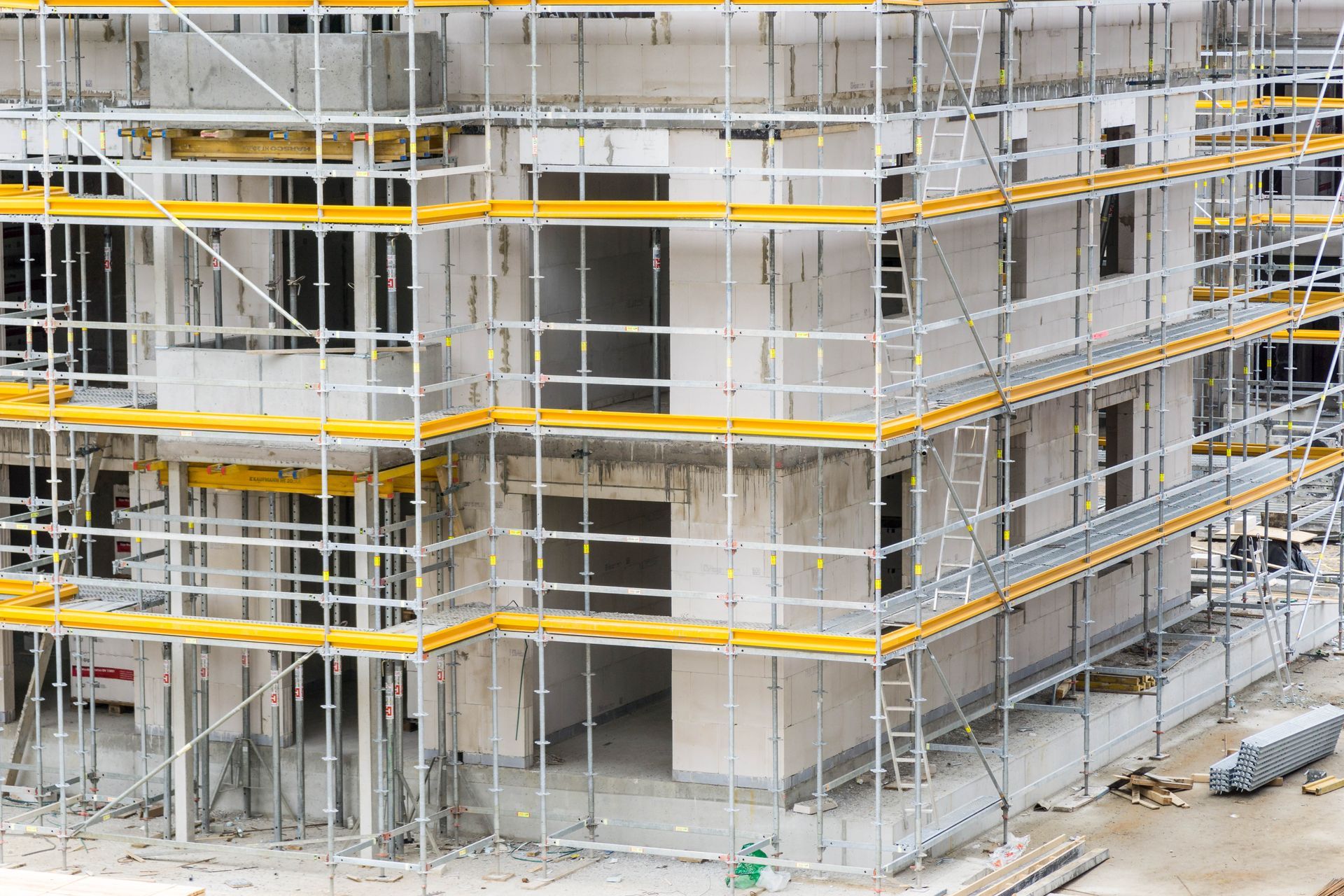Comparing Insulation Options
Choosing the right insulation for your building project is crucial for maintaining comfort, improving energy efficiency, and protecting the structure against external elements. With a variety of materials available, understanding how each option performs can help you make an informed decision.
Whether you're a homeowner, contractor, or builder searching for an insulation supplier in Rockhampton, knowing the pros and cons of different insulation types is key to selecting the best product for your needs. This guide will walk you through the essentials to consider and compare common options available in the market.
Key Factors to Consider When Comparing Insulation Materials
Before diving into the materials themselves, it’s important to understand what makes insulation effective. Here are the main factors you should evaluate:
- R-Value: Measures thermal resistance. A higher R-value means better insulating properties.
- Moisture Resistance: Insulation that resists water reduces the risk of mould and structural damage.
- Durability: Good insulation should maintain its effectiveness over time without settling or degrading.
- Ease of Installation: Some materials are easier and quicker to install than others.
- Fire Resistance: Safety regulations often require insulation materials to have a certain level of fire resistance.
- Environmental Impact: Consider whether the material is sustainable or recyclable.
- Cost: Budget constraints may influence the choice, but balancing upfront cost with long-term performance is crucial.
By weighing these factors carefully, you can choose insulation that suits both the building type and Rockhampton’s varying climate conditions.
Fibreglass Insulation
Overview
Fibreglass is one of the most common insulation materials, typically used in batts, rolls, or loose-fill forms.
Advantages
- High thermal performance with good R-values across products.
- Fire resistant due to its non-combustible composition.
- Cost-effective, making it suitable for large-scale projects.
- Widely available and supported by a variety of installation methods.
Disadvantages
- Irritating to the skin & lungs if not handled properly during installation.
- Moisture sensitivity—if exposed to water, fibreglass loses insulating power and can harbour mould.
- Settling over time can reduce effectiveness, particularly in loose-fill applications.
Foam Insulation (Spray Foam and Rigid Foam Panels)
Overview
Foam insulation comes in spray or rigid panel formats and provides excellent air sealing properties alongside thermal resistance.
Advantages
- High R-value per inch, providing strong thermal protection even in thin layers.
- Excellent air sealing properties, which minimise drafts and heat loss.
- Moisture resistant, particularly closed-cell spray foam.
- Adds structural strength when used in walls.
Disadvantages
- Higher upfront cost compared to other materials.
- Professional installation is required, especially for spray applications.
- Environmental concerns regarding certain chemicals used in production.\
Cellulose Insulation
Overview
Cellulose is a loose-fill insulation made primarily from recycled paper products and treated with fire retardants.
Advantages
- Eco-friendly, made from up to 85% recycled content.
- Good R-value and air sealing when densely packed.
- Cost-effective for retrofitting older homes.
Disadvantages
- Moisture sensitive, as wet cellulose can compact and lose insulation performance.
- Potential for settling, which may reduce the R-value over time.
- Requires professional blowing equipment for installation.
Mineral Wool (Rockwool) Insulation
Overview
Mineral wool is made from volcanic rock or recycled slag, formed into batts or loose-fill formats.
Advantages
- Excellent fire resistance, withstanding high temperatures.
- Good soundproofing qualities, ideal for internal walls.
- Water-resistant, so it maintains performance even in humid environments.
- High R-value and durability.
Disadvantages
- Higher cost compared to fibreglass.
- Heavier than other insulation materials, requiring careful handling.
Reflective Foil Insulation
Overview
Reflective foil insulation works by reflecting radiant heat rather than absorbing it, making it popular for roofs and walls in hot climates.
Advantages
- Effective for blocking radiant heat, particularly in tropical or sub-tropical regions like Rockhampton.
- Lightweight and easy to install.
- Moisture resistant, ideal for areas prone to humidity.
Disadvantages
- Limited thermal mass, meaning it needs to be paired with bulk insulation in colder climates.
- Performance depends on installation quality, particularly ensuring air gaps are maintained.
How Moisture Resistance Impacts Insulation Performance
In Rockhampton's humid and coastal environment, moisture resistance is a critical consideration.
When insulation absorbs moisture:
- R-value decreases, meaning it loses its ability to block heat flow.
- Mould and mildew can develop, posing health risks.
- Structural damage can occur over time from trapped moisture.
Choosing materials like closed-cell spray foam, mineral wool, or moisture-resistant fibreglass can help maintain insulation performance even in damp conditions.
When sourcing from an insulation supplier in Rockhampton, always ask about the moisture resistance of the products you're considering, especially if installing in roof spaces, walls, or floors susceptible to humidity.
Comparing Popular Insulation Types at a Glance
When comparing insulation supplies in Rockhampton, it’s helpful to summarise:
- Fibreglass: Affordable, high fire resistance, moisture sensitive.
- Foam: Superior sealing and insulation, expensive, moisture resistant.
- Cellulose: Eco-friendly, cost-effective, moisture sensitive.
- Mineral Wool: High fire and moisture resistance, great soundproofing, heavier.
- Reflective Foil: Ideal for hot climates, requires proper installation to be effective.
Selecting the right product often involves balancing thermal performance, installation needs, and budget constraints.
Tips for Making the Right Insulation Choice
To ensure your investment delivers the best results, keep the following in mind:
- Assess your climate: For Rockhampton’s heat and humidity, moisture resistance and reflective properties are valuable.
- Know your project goals: Prioritise soundproofing? Choose mineral wool. Need superior sealing? Foam is a strong contender.
- Consider installation logistics: Some projects require quick, easy installs, while others might allow for professional applications.
- Plan for longevity: Choose insulation that maintains its properties over time and reduces the likelihood of future issues.
- Partner with knowledgeable suppliers: Trust local providers who understand Rockhampton’s conditions and can recommend the best materials.
Choose the Best Insulation for Lasting Comfort & Efficiency
Insulation plays a crucial role in keeping homes and buildings comfortable, efficient, and protected. With a wide range of materials available, taking the time to understand their strengths and weaknesses can save you money, improve your property's energy performance, and prevent issues down the track.
Whether you need bulk insulation for new builds, retrofit solutions, or advice on moisture-resistant options, working with a trusted insulation supplier in Rockhampton is the key to success.
At
Kev’s Group, we stock a wide range of high-quality insulation supplies in Rockhampton, suitable for every project—large or small. If you're ready to start your next build or renovation with the right materials,
reach out today to discuss your insulation needs.








